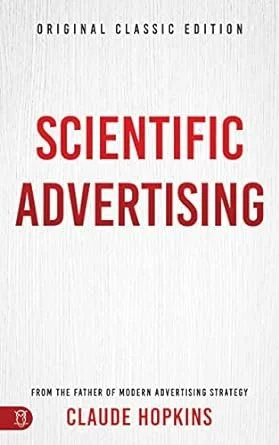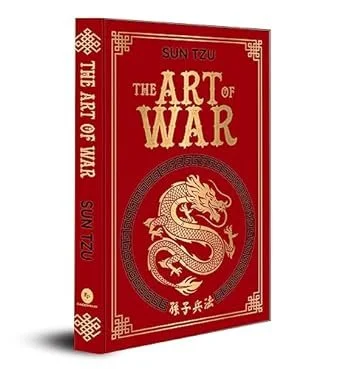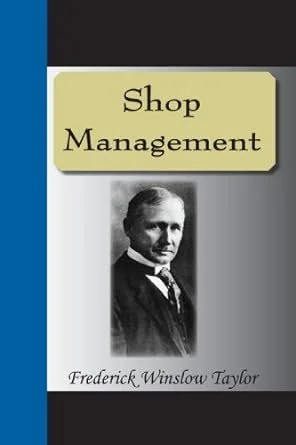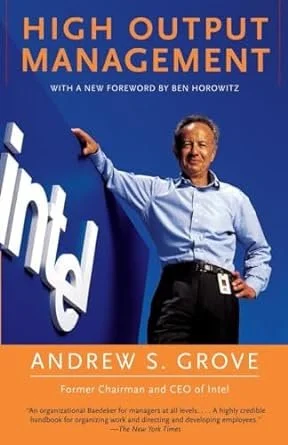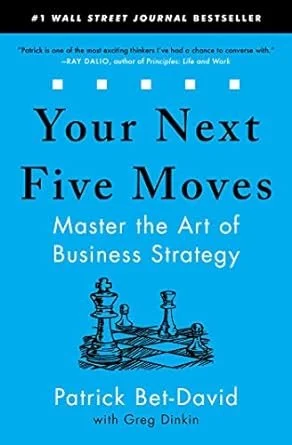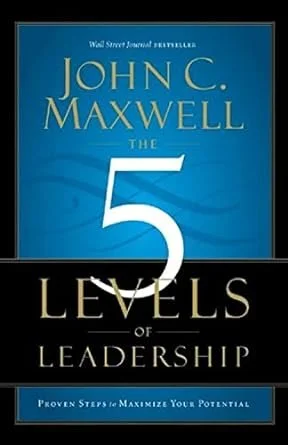The 11 Books That Made Him Rich
1. "Time is Money" by Aiden Nolan:
In this book, Nolan explores the concept of valuing our time as we would any significant monetary investment. He urges readers to embrace efficiency, time management, and proactive planning. Nolan posits that by acknowledging time as our most precious asset, we can unlock untapped potential and opportunities, leading to greater personal and professional wealth.
2. "Scientific Advertising" by Claude C. Hopkins:
Hopkins's work is a foundational text in the marketing field, emphasizing the importance of testing and measuring in advertising. It encourages readers to treat advertising as a science—analyzing, experimenting, and refining to optimize success. Hopkins' key message is that understanding consumer behavior and motivations is the core of effective advertising.
3. "The Art of War" by Sun Tzu:
An ancient treatise on military strategy, Sun Tzu's "The Art of War" holds enduring lessons on leadership, strategy, and resilience. The book encourages understanding the competition, effective planning, and execution. Its principles can be applied not just to warfare, but to all areas of life where conflict and competition exist.
4. "The Millionaire Master Plan" by Roger James Hamilton:
Hamilton's book presents a guide to understanding your own financial and entrepreneurial journey. He outlines distinct levels of wealth creation and provides strategies to navigate from one level to the next. Hamilton encourages self-awareness and individual learning paths to financial freedom.
5. "The Changing World Order" by Ray Dalio:
Dalio's insightful book explains the rise and fall of empires, currencies, and economies throughout history, enabling readers to comprehend the current state of global affairs. He highlights cyclical patterns and provides foresight on how to adapt in changing times. Dalio underlines the importance of understanding history to effectively prepare for the future.
6. "Shop Management" by Frederick Winslow Taylor:
Taylor's groundbreaking work on scientific management theory analyzes efficiency in manufacturing jobs. He breaks down work processes to find ways to improve productivity. His key message is that systematic management can lead to increased efficiency, productivity, and profitability.
7. "High Output Management" by Andrew S. Grove:
Grove's book is a comprehensive guide to effective management in the modern world. He emphasizes the importance of managerial leverage, performance metrics, and employee motivation. Grove's vision of management is one where leaders maximize their output through the people they manage.
8. "Your Next Five Moves" by Patrick Bet-David:
Bet-David's book offers a unique perspective on strategic planning in business and life. It outlines a method to anticipate problems and opportunities, and to think several steps ahead. It promotes the concept of strategic and forward thinking as crucial skills for success.
9. "The 5 Levels of Leadership" by John Maxwell:
Maxwell's influential book unpacks the journey of leadership through five distinct stages—Position, Permission, Production, People Development, and Pinnacle. Each level represents a stage in a leader's development, emphasizing personal growth, relationship building, and influence. Maxwell emphasizes that leadership is not a position or title, but a process of ongoing growth.
10. "The Lords of Easy Money" by Christopher Leonard:
Leonard's book exposes the inner workings of the Federal Reserve and its impact on the economy. It critiques the practice of "easy money" or quantitative easing, arguing that it exacerbates wealth inequality. Leonard stresses the need for monetary policy reform to build a more equitable economy.
11. "Bitcoin: A Peer-to-Peer Electronic Cash System" by Satoshi Nakamoto:
This is the original white paper that introduced Bitcoin and the underlying blockchain technology to the world. Nakamoto outlines a decentralized system for transactions, eliminating the need for trust or a central authority. This work encourages readers to reconsider the established financial system and embrace a decentralized future.


